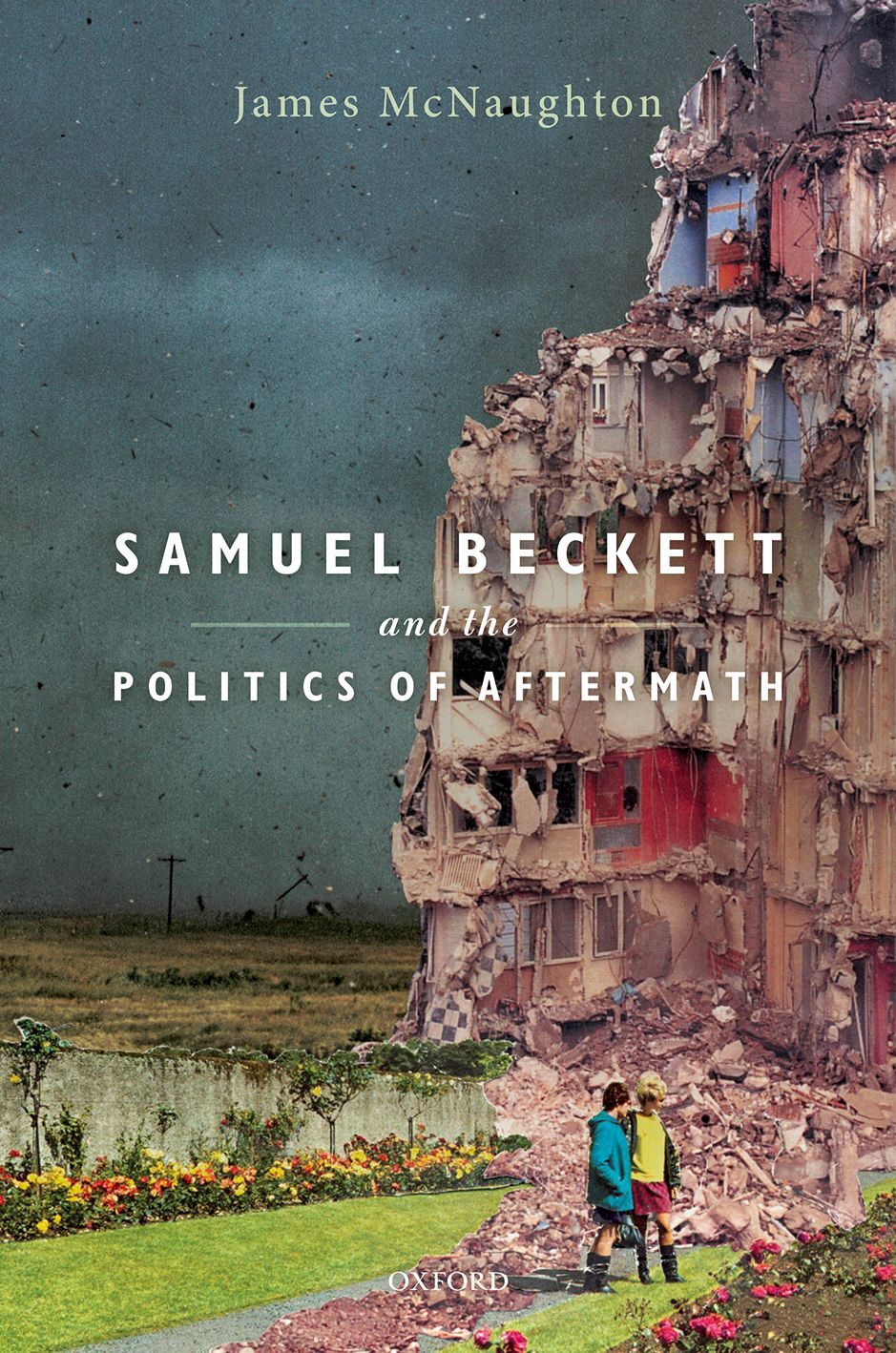Samuel Beckett and the Politics of Aftermath explores Beckett’s literary responses to the political maelstroms of his formative and middle years: the Irish civil war and the crisis of commitment in 1930s Europe, the rise of fascism and the atrocities of World War II. Archive yields a Beckett who monitored propaganda in speeches and newspapers, and whose creative work engages with specific political strategies, rhetoric, and events. Finally, Beckett’s political aesthetic sharpens into focus.
Deep within form, Beckett models ominous historical developments as surely as he satirizes artistic and philosophical interpretations that overlook them. He burdens aesthetic production with guilt: imagination and language, theater and narrative, all parallel political techniques. Beckett comically embodies conservative religious and political doctrines; he plays Irish colonial history against contemporary European horrors; he examines aesthetic complicity in effecting atrocity and covering it up. This book offers insightful, original, and vivid readings of Beckett’s work up to Three Novels and Endgame.
